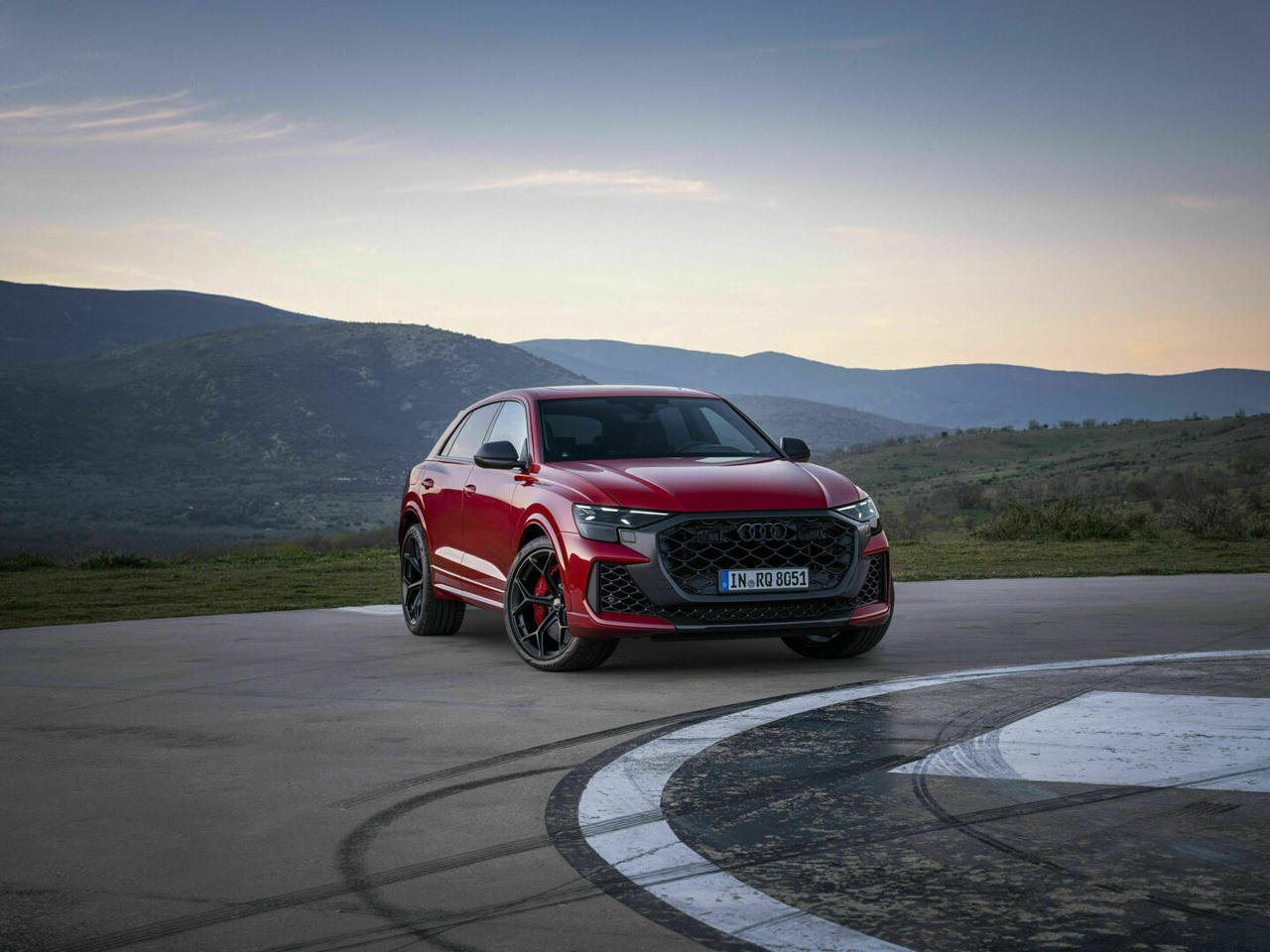Second life
Audi is giving used lithium-ion batteries a new lease on life in vehicles used at the factory.
Audi is demonstrating its commitment to a sustainable future and even greater efficiencies with a pioneering project to re-use lithium-ion batteries.
7 March, 2019
In addition to the obvious benefits of a second life for the batteries, the scheme is already uncovering more unexpected benefits
It’s an important part of the overarching electric mobility equation – namely, how best to deal with used batteries once they have achieved their full potential in day-to-day use. The that end, Audi is looking at giving these batteries a second life, testing factory vehicles powered by used lithium-ion batteries at its main plant in Ingolstadt.
Like all vehicle manufacturers, Audi is obliged by law to take back energy carriers after they have been used in cars, and because they retain a large proportion of their original charging capacity, a specialised team at Audi drawn from a variety of departments is looking at ways to re-use them.
The team is initially concentrating on batteries from Audi e-tron test vehicles, for example, or from hybrid models such as the Audi A3 e-tron and Audi Q7 e-tron, and how these can be used to best effect.
In addition to the obvious benefits of a second life for the batteries, the scheme is already uncovering more unexpected benefits, such as reductions in manual effort from employees as well as space saving and potentially substantial cost savings as well.
Take for example vehicles such as fork-lifts and tow trucks used in Audi production plants. Until now, these have been powered by lead-acid batteries which can weigh up to two tons but need to be physically removed from the vehicle for recharging.
Recharging of the lead-acid batteries can take several hours and yet lithium-ion batteries can be charged directly where the vehicles are parked during normal downtimes, say during breaks between shifts, saving on space and and the high manual effort required to remove and replace the batteries in the vehicles. Audi would save millions if it converted its entire fleet of factory vehicles to lithium-ion batteries at its 16 production sites worldwide.
“Every lithium-ion battery represents high energy consumption and valuable resources that must be used in the best possible way,” says Peter Kössler, Member of the Board of Management for Production and Logistics at AUDI AG.
“For us, a sustainable electric-mobility strategy also includes a sensible second-use concept for energy carriers.” The remaining charging capacity of a lithium-ion battery after use in a car is more than sufficient for the requirements of the transport vehicles. Their driving characteristics actually improve considerably as a result of this use: They can keep their speed constant even on ramps – factory vehicles powered by lead-acid batteries cannot do that. In addition, regular charging during breaks prevents downtimes during working hours.”
This pioneering project is one of many that demonstrate Audi’s commitment to the sensible and efficient further use of batteries from electric cars. It is also conceivable that used battery modules could be used in mobile charging containers for electric vehicles or in stationary energy- storage systems.
Recycling too is a key element of sustainable electric mobility, from the extraction of raw materials – copper, nickel and cobalt – to the CO2-neutral e-tron plant in Brussels to the recycling of components.
“For us, a sustainable electric-mobility strategy also includes a sensible second-use concept for energy carriers”
Peter Kössler – AUDI AG
Subscribe
Want to ensure you always receive the latest news and features from Audi? Subscribe now to the Audi Magazine newsletter.
Audi Australia will collect, record and use your personal information for the purpose(s) of sending you the requested newsletter. You are not required to provide your personal information, however, if you choose not to provide us with your personal information, we may not be able to fulfil the purpose(s) described above. We will keep your personal information for only as long as is necessary to carry out the purpose(s) described above (unless we are required or permitted by law to hold the information for a longer period). We may disclose your personal information to our service providers and to our dealership network in Australia. We may also disclose your personal information to our related parties based in Australia and to our overseas service providers. We may, unless you have opted out, use your personal information to market our products and services to you, to improve our products and services and to invite you to events. We will act in accordance with our privacy policy which is available at http://www.audi.com.au/privacypolicy. If you would like to know more about our privacy policy and procedures and the management of your personal information, or if you would like to access or update your personal information, please contact our customer assistance team, T +1800 50 AUDI (2834), E customerassistance@audi-info.com.au
